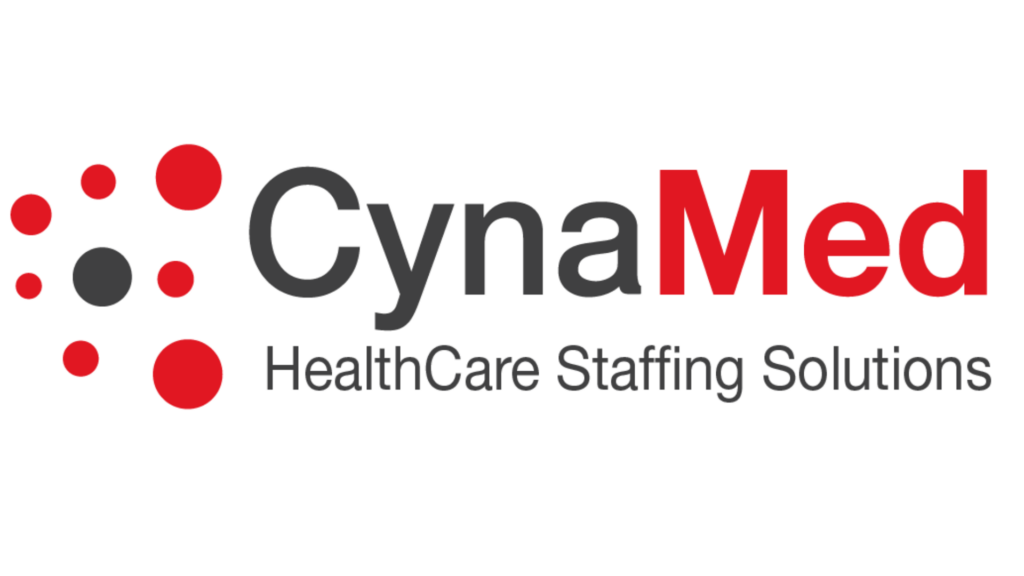Certified Nursing Assistants, or CNAs, are valuable assets to the healthcare industry. CNAs support other healthcare staff to provide fast, effective, and sensitive patient care. They can work in all types of healthcare facilities and offices, and their roles may vary.
If you’ve recently graduated from a Certified Nursing Assistant training program, congratulations! Now it’s time to put your learning to work. You may be nervous about starting a new job, especially because the healthcare industry is notoriously high-stakes and high-stress.
However, if you’re fully prepared you can enter your new job role with 100% confidence. Follow these tips to be a more confident and successful CNA at work.
Take Training Seriously
Nurses, more experienced CNAs, and management staff are probably incredibly busy with their regular duties. Therefore, your on-the-job training will likely be fast, comprehensive, and highly detailed. Write down as many notes as you can, even for things that don’t seem important. As a CNA, everything you do has impact and should be taken seriously.
Some co-workers may seem resistant to taking your questions or addressing concerns, especially if they’re pre-occupied. However, you should never be afraid to ask questions, particularly those related to patient care. You can even ask a senior CNA to mentor you.
If you feel you aren’t receiving enough training, talk to management about your questions and concerns. Don’t report individuals or place blame, but request additional training. Supervising staff would rather devote time to training you than risk endangering their patients.
Take Patient Notes
There’s no such thing as perfect mastery in the healthcare field. Every patient case presents new challenges and unique experiences. Feel free to dedicate a small, pocket-sized notebook to patient notes. Dedicate a page to each patient–labeled by medical record number, for privacy purposes–so you can keep notes, reminders, and tasks on hand.
Feel free to write down questions that you need to ask family members, co-workers, physicians, or the patient themselves. For example, “When patient is awake, ask to rate abdominal pain.”
Note that you should never, ever take this notebook out of your workplace, as this can be considered a violation of patients’ privacy and can even put your job at risk. Always be sure to store this notebook in a drawer, cubby, or locker assigned to you.
Keep Supplies on Hand
Every CNA needs the right tools for the job. You’ll feel confident at work when you have important supplies on-hand. Ensure your work station is always well-stocked with pens, highlighters, gloves, masks, and other essentials. Consider keeping some supplies, like medical scissors and extra gloves, on you at all times.
Consider these necessities part of your nursing assistant uniform, like scrubs and comfortable shoes. It will feel surprisingly reassuring when you outfit yourself with these supplies, especially on the first few days of work.
Be Courteous to Patients from the Start
You may be busy or under time constraints while at work. This is just a universal truth of the medical industry. However, you should always, always take the time to be courteous to patients.
If you need to work with a patient–taking their vital signs, for example–smile and introduce yourself to the patient. Ask them how they feel and express your sympathy if they’re afraid or in pain. Don’t take it personally if patients aren’t communicative or even seem abrasive; they may be concerned about their well-being, in serious pain, under the effects of certain medications, or even eager to go home.
If the patient seems receptive, feel free to explain what you’re doing while you do it. Patients feel more at-ease when they understand the care that they receive. Also, be open to answering as many of their questions as you can. The same goes for patients’ loved ones who may be by their side.
Should you be asked questions that you can’t answer, have a courteous response ready. State that you’ll find the information they need and report back as soon as possible.
Stay Organized
As a CNA, your work station needs to be extremely organized. Designate a place for medical records, and even separate files, charts, and documents into separate stacks based on urgency, with the most urgent work closest to your keyboard.
If you have your own computer, always lock it when you leave your station. Take your supplies with you (see above), but know exactly where to find backup supplies when needed.
Get extremely familiar with the supplies storage closets. If you have time to spare, consider reviewing them so you can access supplies urgently in an emergency.
Seek Out Reliable Job Resources
You might be anxious during the application process to start your nursing career. What if you’re less-than-confident about your job prospects, or have already received declined applications? There’s no reason to fear. The healthcare industry is always looking for talented and knowledgeable new hires, including CNAs.
If you’re concerned about a lack of CNA jobs that match your interests or salary goals, CynaMed can help! At CynaMed, we offer medical staffing in your area and can help match you with the perfect nursing career.






